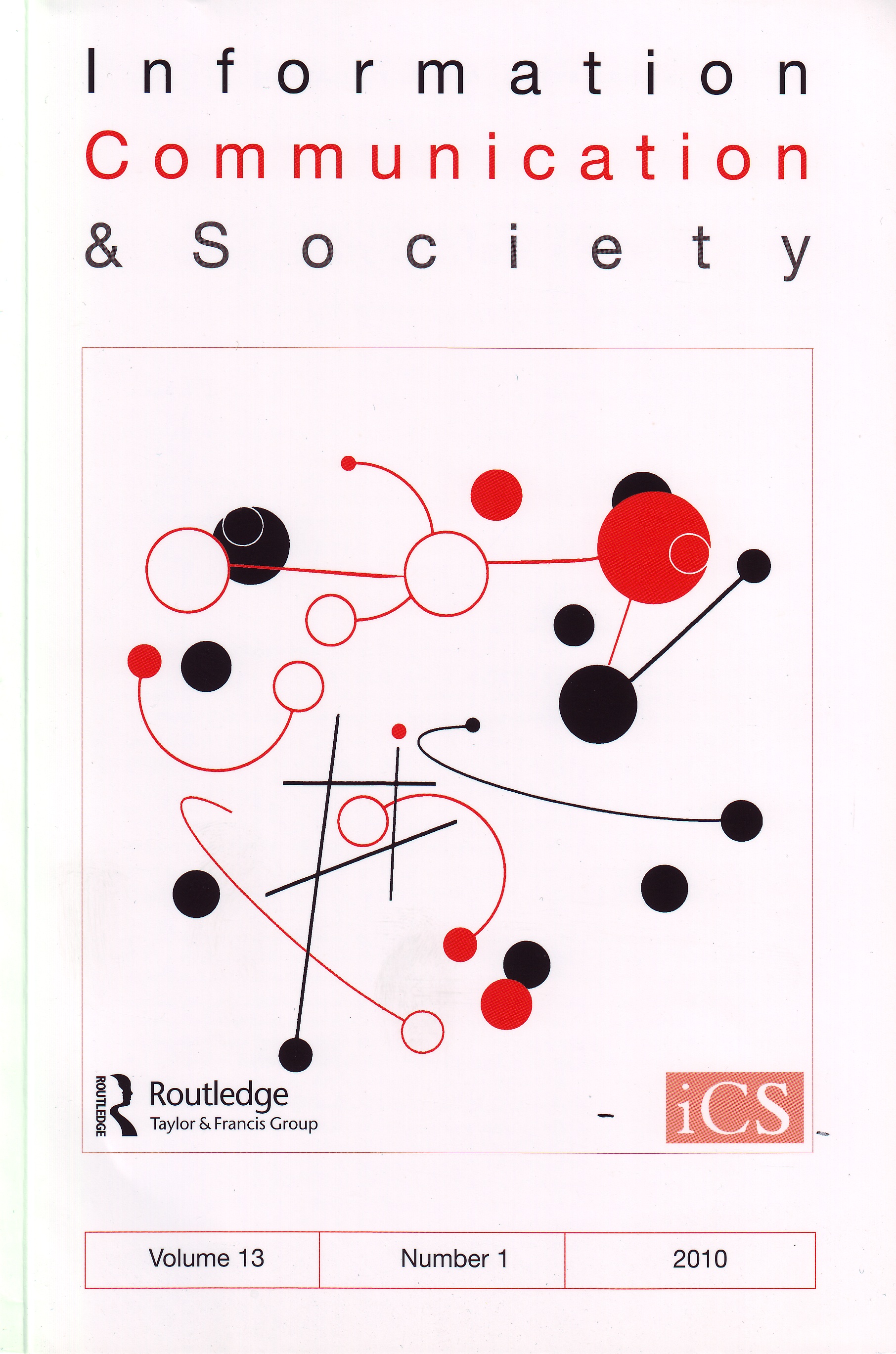
Using Social Media to Predict Economic Activity in Cities
Economic indicators in most developing countries are often outdated. A new study suggests that social media may provide useful economic signals when traditional economic data is unavailable. In “Taking Brazil’s Pulse: Tracking Growing Urban Economies from Online Attention” (PDF), the authors accurately predict the GDPs of 45 Brazilian cities by analyzing data from a popular micro-blogging platform (Yahoo Meme). To make these predictions, the authors used the concept of glocality, which notes that “economically successful cities tend to be involved in interactions that are both local and global at the same time.” The results of the study reveals that “a city’s glocality, measured with social media data, effectively signals the city’s economic well-being.”


 “How is crowd organization produced? How are crowd-enabled networks activated, structured, and maintained in the absence of recognized leaders, common goals, or conventional organization, issue framing, and action coordination? We develop an analytical framework for examining the organizational processes of crowd-enabled connective action such as was found in the Arab Spring, the 15-M in Spain, and Occupy Wall Street. The analysis points to three elemental modes of peer production that operate together to create organization in crowds: the production, curation, and dynamic integration of various types of information content and other resources that become distributed and utilized across the crowd. Whereas other peer-production communities such as open-source software developers or Wikipedia typically evolve more highly structured participation environments, crowds create organization through packaging these elemental peer-production mechanisms to achieve various kinds of work. The workings of these ‘production packages’ are illustrated with a theory-driven analysis of Twitter data from the 2011–2012 US Occupy movement, using an archive of some 60 million tweets. This analysis shows how the Occupy crowd produced various organizational routines, and how the different production mechanisms were nested in each other to create relatively complex organizational results.”
“How is crowd organization produced? How are crowd-enabled networks activated, structured, and maintained in the absence of recognized leaders, common goals, or conventional organization, issue framing, and action coordination? We develop an analytical framework for examining the organizational processes of crowd-enabled connective action such as was found in the Arab Spring, the 15-M in Spain, and Occupy Wall Street. The analysis points to three elemental modes of peer production that operate together to create organization in crowds: the production, curation, and dynamic integration of various types of information content and other resources that become distributed and utilized across the crowd. Whereas other peer-production communities such as open-source software developers or Wikipedia typically evolve more highly structured participation environments, crowds create organization through packaging these elemental peer-production mechanisms to achieve various kinds of work. The workings of these ‘production packages’ are illustrated with a theory-driven analysis of Twitter data from the 2011–2012 US Occupy movement, using an archive of some 60 million tweets. This analysis shows how the Occupy crowd produced various organizational routines, and how the different production mechanisms were nested in each other to create relatively complex organizational results.”

